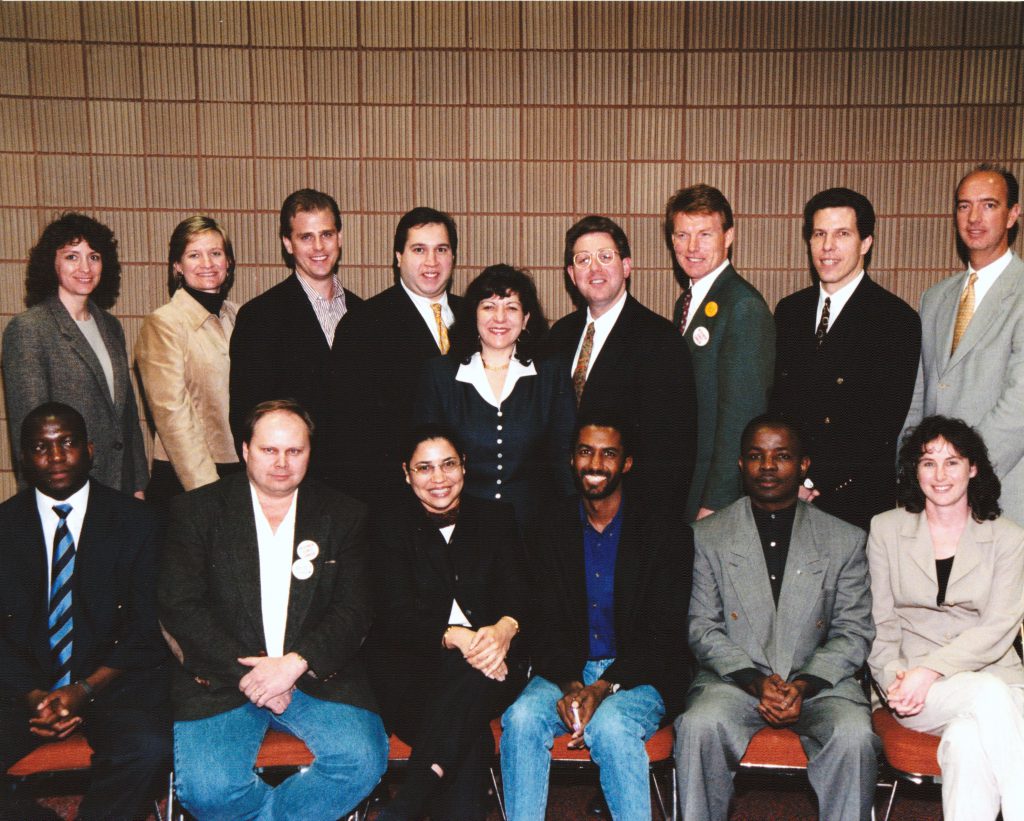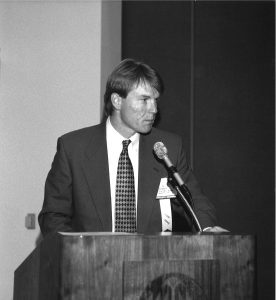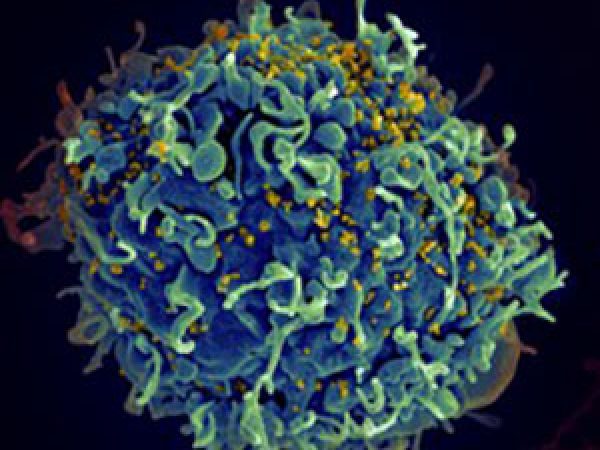Celebrating 20 Years of the Associate Member Council of the AACR
Guest post by Cheryl Jacobs Smith, PhD
Since 1996, the Associate Member Council (AMC) has served as the leadership body for associate members of the American Association for Cancer Research (AACR). Mirroring the mission of the AACR, the goal of the AMC is to foster excellence in cancer research through initiatives related to communications, education and training, and collaboration.
At the time of the first AMC meeting, there were close to 2,700 associate members of the AACR. Now, 20 years later, the number of associate members has grown to more than 13,000 graduate students, medical students and residents, and clinical and postdoctoral fellows.
Originally proposed and established by Lee W. Wattenberg, MD, the AACR’s President in the 1992-1993 term, the first AMC took office in 1996 with eight original members. Nominations for the AMC were sought and a council mission and goals were further developed.
The first two co-chairpersons, John Alton Copland III, PhD, currently professor of cancer biology at the Mayo Clinic in Jacksonville, Florida, and Christopher P. Evans, MD, currently professor and chair of the Department of Urology at the University of California, Davis, were early-career scientists seeking to gain more exposure and relevant career training in cancer research.
As an early-career scientist, Evans joined the AACR as a resident while at the University of California, San Francisco. Later, while he was doing a research fellowship at The University of Texas MD Anderson Cancer Center, he met Copland, then a postdoctoral fellow who was new to the field of cancer research.
Looking back, Copland says, “My thought at the time was that by becoming a member of the AMC, I may assimilate faster into the cancer research world.” The two became involved in the concept of a council for early-career scientists and worked with the AACR to make the AMC a reality.
“Our goal was to have a forum for young scientists to be involved and to get more recognition for their work as well for finding avenues to collaborate from the beginning of their career[s],” Evans says.
Additionally, the AMC allowed Evans and Copland to become known individuals in cancer research. Evans remembers that the “[AMC] was a fantastic opportunity to begin networking and collaborating with other young scientists.” Evans and Copland pursued projects together as well as with other members of the AMC who were outside their field. The collaborations and friendships made at all levels were special and lasting. Copland comments that the AACR Annual Meeting is “a meeting that I anticipate and look forward to every year because of my experience on the AMC. It is like coming home!”
Indeed, the AACR Annual Meeting is a great way for early-career scientists to become exposed to all aspects of cancer research and to participate in AMC-led career development initiatives. Former AMC Chair Mark D. Stewart, PhD, said that after he “attended a few Professional Advancement Sessions developed by the AMC [at the AACR Annual Meeting], it impacted [his] thinking and provided skills that really helped [him] navigate the research lab and cancer research careers.” Current AMC Chair, Diana M. Merino, MSc, PhD, agreed that she was also first introduced to the AACR and AMC programming at the AACR Annual Meeting. Overall, by attending the AACR Annual Meetings, Stewart and Merino learned more about the functions of the AMC and were encouraged to participate in its mission to foster excellence in cancer research training.

Members of the AMC joined AACR Chief Executive Officer Margaret Foti, PhD, MD (hc), for this photograph, published in a September 1998 newsletter.
In the past 20 years, this excellence has come about as the AMC has provided a substantial platform for early-career scientists by engaging in peer-to-peer mentoring, workshops on grantsmanship, and interactions with scientific and medical leaders in cancer research.
Merino said she is especially proud of initiatives such as “Personalized Career Discussions (PCD), which allow for early-career researchers to meet one-on-one with leading researchers for 15 minutes in a relaxed atmosphere, and AMC committees that specifically seek to improve the AMC’s communication, programing, and fundraising strategies.”
I know that I am thankful to the AMC and AACR for the programs that have been put in place over the last 20 years, particularly the AMC Communications Committee. Serving on an AMC committee has allowed me to improve my science communication skills for general audiences, and it provided unparalleled exposure to both leaders in cancer research and the AACR Communications Department leadership. This has given me real-life career development experience that will serve me well at the bench and beyond for years to come. I am confident that having benefited from the first 20 years of programs and initiatives, the next 20 years can only get better.
Cheryl Jacobs Smith is currently a postdoctoral fellow at the National Cancer Institute of the National Institutes of Health in Bethesda, Maryland. She received her PhD in Human Genetics from the University of Michigan in Ann Arbor. She has been a member of the AACR since 2012 when she was a recipient of a Minority Scholar in Cancer Research Award.
https://www.youtube.com/watch?v=nuSuw5Gz4jY&feature=youtu.be




